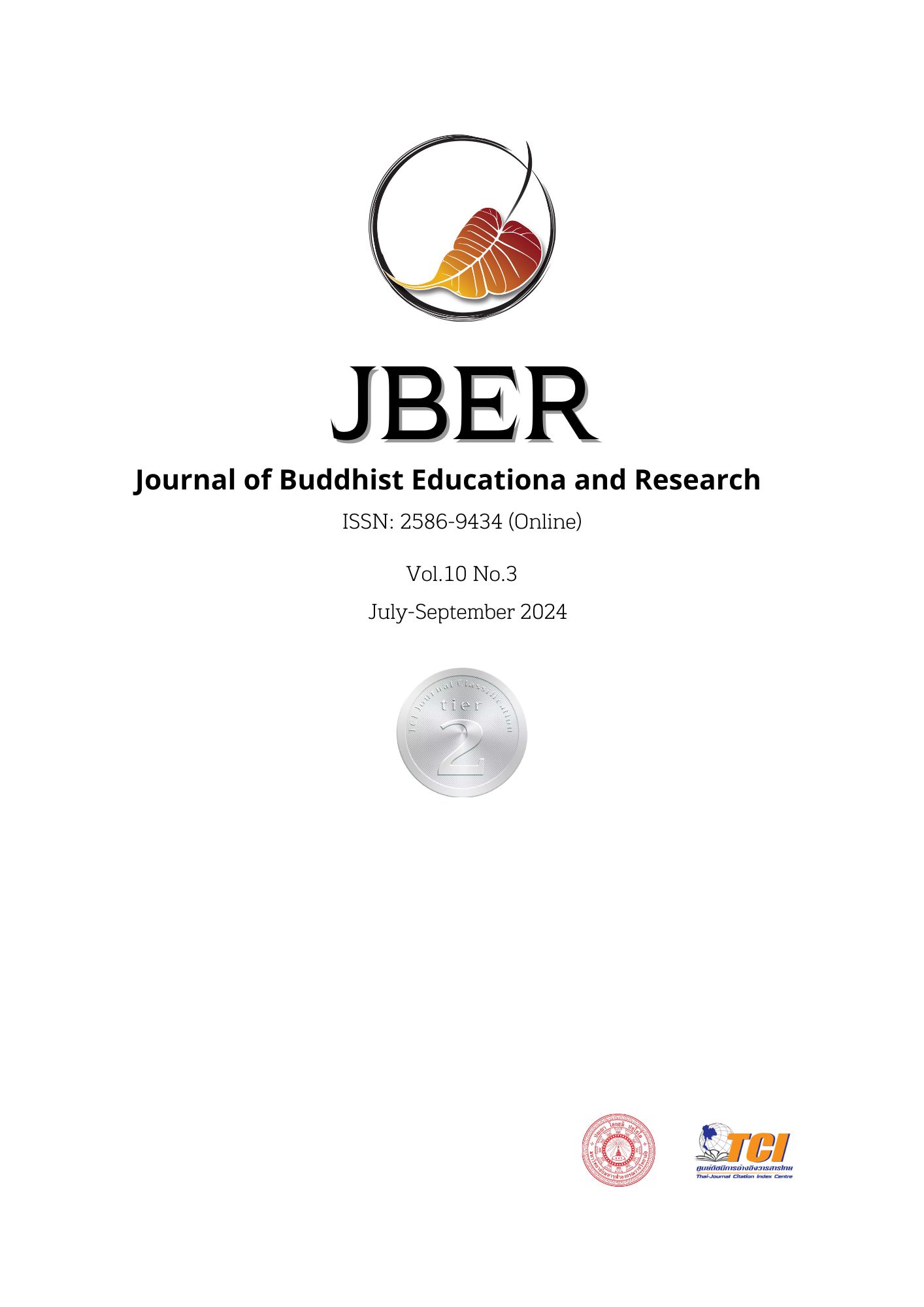Social Studies in Thailand: Integrating Tradition and Modern Pedagogies
Keywords:
Social Studies Education, Thai Culture, Modern Pedagogy, Curriculum Reform, Educational IntegrationAbstract
This paper explores the integration of traditional Thai values and modern pedagogical approaches in teaching social studies in Thailand. It highlights the evolution of social studies education, emphasizing the importance of preserving Thai cultural heritage while adapting to global educational trends. The study discusses the role of tradition, including Buddhist ethics and local wisdom, and how these can be effectively blended with contemporary methods such as student-centered learning, project-based activities, and technology-enhanced instruction. The paper identifies challenges in this integration, such as resistance to change, resource limitations, and balancing national identity with globalization. It also highlights opportunities, including government initiatives, teacher training programs, and international collaborations. Policy recommendations for curriculum reform, professional development, and community involvement are presented to enhance the effectiveness of social studies education in Thailand. The study concludes by discussing the potential for Thailand to serve as a model for other countries seeking to balance tradition and modernity in their education systems.
References
Bonwell, C. C., & Eison, J. A. (1991). Active Learning: Creating Excitement in the Classroom. ASHE-ERIC Higher Education Report No. 1.
Brookfield, S. D. (2012). Teaching for Critical Thinking: Tools and Techniques to Help Students Question Their Assumptions. Jossey-Bass.
Chaisuwan, S., & Wongwanich, S. (2015). The impact of project-based learning on the understanding and appreciation of cultural heritage among Thai students. Journal of Educational Research and Development, 9(4), 101-117.
Chongkolrattanaporn, T. (2006). The development of civic education in Thailand: Historical and contemporary perspectives. Journal of Thai Studies, 12(1), 45-63.
Dewey, J. (2009). Democracy and Education: An Introduction to the Philosophy of Education. WLC Books.
Fry, G. W. (2002). The evolution of educational reform in Thailand. Educational Policy, 16(2), 313-335.
Gee, J. P. (2008). What video games have to teach us about learning and literacy. Computers in Entertainment, 1(1), 20-24.
Hallinger, P., & Lee, M. (2011). Exploring principal capacity to lead reform of teaching and learning quality in Thailand. International Journal of Educational Development, 31(4), 241-252.
Huang, R., Li, Y., & He, X. (2010). Virtual learning environments and their impact on learning effectiveness. Journal of Educational Technology & Society, 13(2), 69-77.
Jonassen, D. H. (2011). Learning to Solve Problems: A Handbook for Designing Problem-Solving Learning Environments. Routledge.
Kitjaroonchai, N., & Kitjaroonchai, T. (2012). The role of Buddhist values in Thai education. Journal of Humanities and Social Sciences, 10(2), 30-44.
Ministry of Education Thailand. (2017). The national curriculum reform for 21st century learning. Ministry of Education.
Office of the Basic Education Commission. (2017). The core curriculum for basic education in Thailand. Ministry of Education Thailand.
Park, S., & Humphry, J. (2019). Exclusion by design: Intersections of social, digital, and data exclusion. Information, Communication & Society, 22(6), 934-953.
Pattanasuttikul, S. (2018). Integrating Buddhist ethics into social studies lessons through role-playing and simulations. Journal of Buddhist Education and Research, 5(1), 150-167.
Puncreobutr, V. (2016). Innovative education: Knowledge creation through dynamic integration and learning. Journal of Education and Learning, 5(3), 231-237.
Robinson, L., Cotten, S. R., Ono, H., Quan-Haase, A., Mesch, G., Chen, W., ... & Stern, M. J. (2015). Digital inequalities and why they matter. Information, Communication & Society, 18(5), 569-582.
Robin, B. R. (2008). Digital storytelling: A powerful technology tool for the 21st century classroom. Theory into Practice, 47(3), 220-228.
Sakulpitakphon, C. (2018). Changes and challenges in social studies education in Thailand. Journal of Educational Research and Practice, 8(3), 101-118.
Selwyn, N. (2011). Education and Technology: Key Issues and Debates. Bloomsbury Publishing.
Sinlarat, P. (2016). Educational reforms for sustainable development in Thailand. Asian Education and Development Studies, 5(3), 321-331.
Sirikhan, N. (2018). Teacher training programs and their impact on educational innovation in Thailand. Journal of Teacher Development, 12(2), 145-160.
Suwannapirom, W., Trakulsilp, W., & Wongsothorn, W. (2015). Thai civic education and global citizenship: Reflections on the curriculum. Journal of Asian Education and Development Studies, 4(3), 249-262.
Thomas, J. W. (2000). A review of research on project-based learning. The Autodesk Foundation.
Wangpipatwong, S. (2019). Enhancing traditional storytelling with digital tools in Thai education. Journal of Innovative Education Practices, 15(2), 85-97.
Weimer, M. (2013). Learner-Centered Teaching: Five Key Changes to Practice. Jossey-Bass.
Wongwanich, S., Piromsombat, P., & Traiwicha, S. (2014). Educational equity and quality of education in rural areas of Thailand. Journal of Education for Sustainable Development, 8(1), 75-89.
Downloads
Published
How to Cite
Issue
Section
License
Copyright (c) 2024 Author(s)

This work is licensed under a Creative Commons Attribution-NonCommercial-NoDerivatives 4.0 International License.





